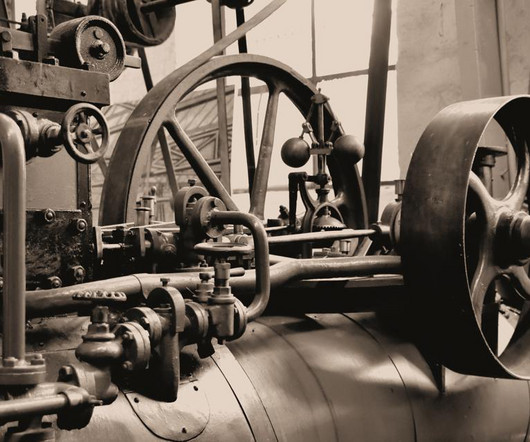What Can Past Technological Revolutions Tell Us About Today?
The Horizons Tracker
MAY 8, 2023
While the furor around robots taking our jobs has largely died down in recent years (not least due to the lack of any real evidence that it’s happening), it remains inevitable that the introduction of new technologies will cause disruption in the labor market. Across four categories of jobs, there were some noticeable differences.


















Let's personalize your content